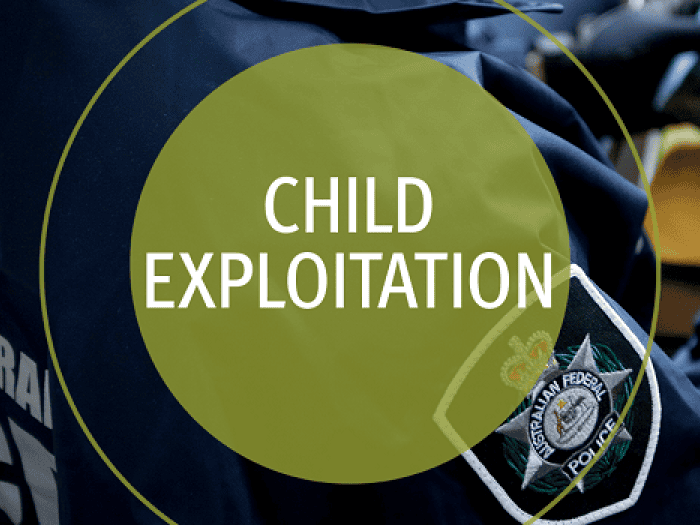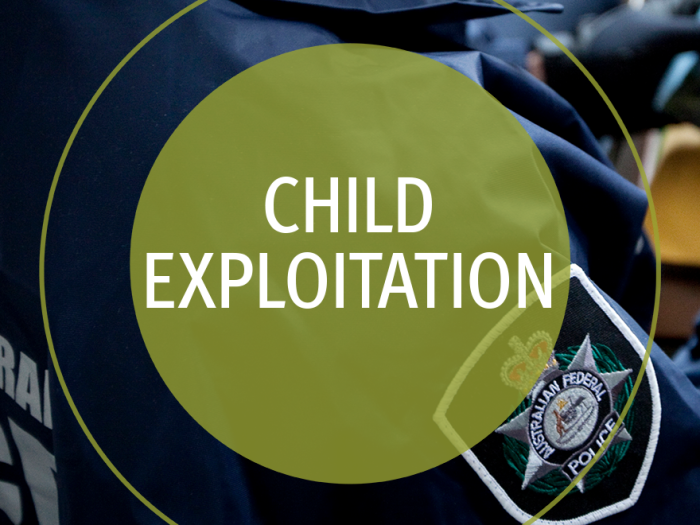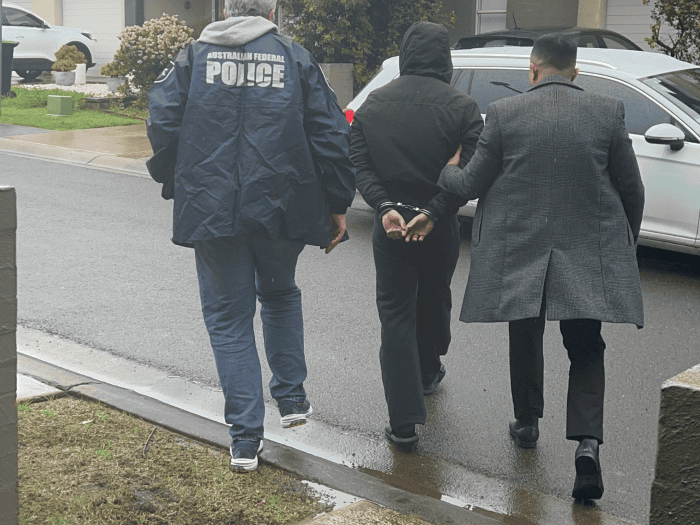Top tips for parents and carers
- Supervision is essential. This means knowing what your children are doing online, who they are interacting with and what platforms, apps or games they are using.
- Have open conversations, often. Talk to your children often about their online activities.
- Check privacy settings. We recommend parents and carers research and understand app settings, including privacy settings. This could include turning off location settings, setting profiles to private, or turning off chat functions.
- Encourage your child to recognise safe or unsafe situations and inappropriate contact. This can empower them to make informed decisions, including when they’re unsupervised.
- Advise children not to share personal information with any ‘friends’ they have only met online.
- Be approachable if your child needs help. Coming forward isn’t always easy, and children may feel reluctant to tell you about online issues if they believe they will be punished or have their devices taken away.
- Know how to make a report. It’s important immediate action is taken if your child is in danger of online sexual abuse. If something goes wrong online, it is critical your child is supported. Parents and carers need to know how to act.
What are the warning signs a child may be groomed online?
Common online grooming behaviour to look out for includes:
- Unsolicited friend requests;
- An online user asking children personal questions;
- Promising something in exchange for self-generated child abuse material; or
- Fake social media accounts.
The AFP-led ACCCE is committed to stopping child exploitation and abuse and is at the centre of a collaborative national approach to combatting organised child abuse.
The Centre brings together specialist expertise and skills in a central hub, supporting investigations into child sexual abuse and developing prevention strategies focused on creating a safer online environment.
Members of the public who have any information about people involved in child abuse and exploitation are urged to call Crime stoppers on 1800 333 000.
You can also make a report online by alerting the Australian Centre to Counter Child Exploitation via the Report Abuse button.
Note to media
Use of term 'CHILD ABUSE' MATERIAL NOT 'CHILD PORNOGRAPHY'
The correct legal term is Child Abuse Material – the move to this wording was among amendments to Commonwealth legislation in 2019 to more accurately reflect the gravity of the crimes and the harm inflicted on victims.
Use of the phrase "child pornography" is inaccurate and benefits child sex abusers because it:
- indicates legitimacy and compliance on the part of the victim and therefore legality on the part of the abuser; and
- conjures images of children posing in 'provocative' positions, rather than suffering horrific abuse.
Every photograph or video captures an actual situation where a child has been abused.




